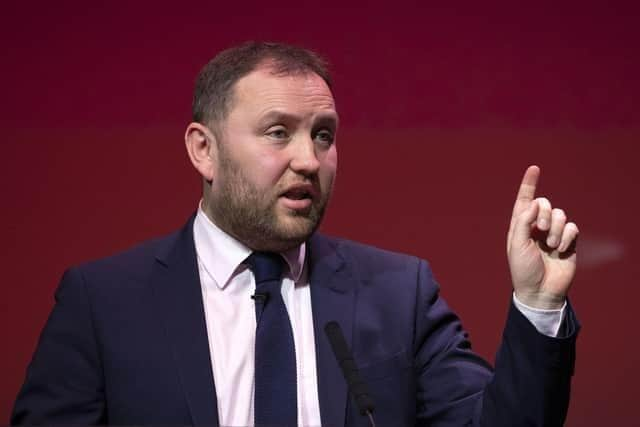SNP accused of ‘economic illiteracy’ after fall in number of businesses
SNP ministers have been accused of "economic illiteracy" after figures showed a fall in the number of registered businesses in Scotland since 2017.
There were more than 176,000 registered businesses in Scotland that year, according to statistics published by the Scottish Government, but this dropped to just over 175,000 in 2022.
Advertisement
Hide AdAdvertisement
Hide AdAccording to analysis by the House of Commons library, Scotland was the only devolved nation to see a decline over that time. Wales and Northern Ireland both saw a growth in the number of businesses despite the impacts of the pandemic.


Labour’s shadow Scottish secretary Ian Murray said: “The SNP’s economic illiteracy has been a hammer blow to Scottish businesses – threatening jobs, stifling growth and leaving us all poorer.
“This decline is the inevitable result of an SNP Government more interested in settling internal scores than listening to Scottish businesses. The Scottish people are being failed by two disastrous governments – a distracted and divided SNP government and a destructive and out of touch Tory government.
“The SNP is holding back Scotland’s economic potential, but Labour will support businesses and workers and deliver the fastest economic growth in the G7.”
Labour pointed to a recent report by economic researchers at Strathclyde University’s Fraser of Allander Institute, which found only 9 per cent of firms believed the Scottish Government understands the business environment.
The Scottish Government was approached for comment.
It comes after ministers published a new action plan to “turn the dial” on their relationship with business leaders. The plan outlines how recommendations from the New Deal for Business Group (NDBG) will be taken forward over an 18-month period.
Actions include a forum to oversee the impact of regulations on industry and a full review of how government policy is developed to ensure businesses are consulted at all stages. That includes consulting businesses when a potential outcome could result in new regulation.
The plan will also see more support to help parents and carers back into work. Other measures include keeping non-domestic rates reforms under review to ensure they support businesses and developing new ways to assess the impact of regulations on businesses.
Advertisement
Hide AdAdvertisement
Hide AdFirst Minister Humza Yousaf previously pledged to “develop a new and stronger relationship with business”.
Neil Gray, the wellbeing economy secretary, said the deal presented a “new and exciting long-term commitment” to creating conditions which empower businesses to invest, innovate and provide good jobs.
He said: “By ensuring an open and honest dialogue between business and government, we can provide certainty and consistency for business across Scotland, from small high street firms to the largest multinational companies.”
Dr Poonam Malik, head of investment at Strathclyde University, and co-chair of the NDBG alongside Mr Gray, said: “Having government and business in sync with each other, to deliver growth for our nation with a culture of collaboration – being open and inclusive, with innovative and creative thinking – will overcome the main challenges and break down barriers to high productivity, bringing investment and creating high-quality jobs.”
Comments
Want to join the conversation? Please or to comment on this article.
